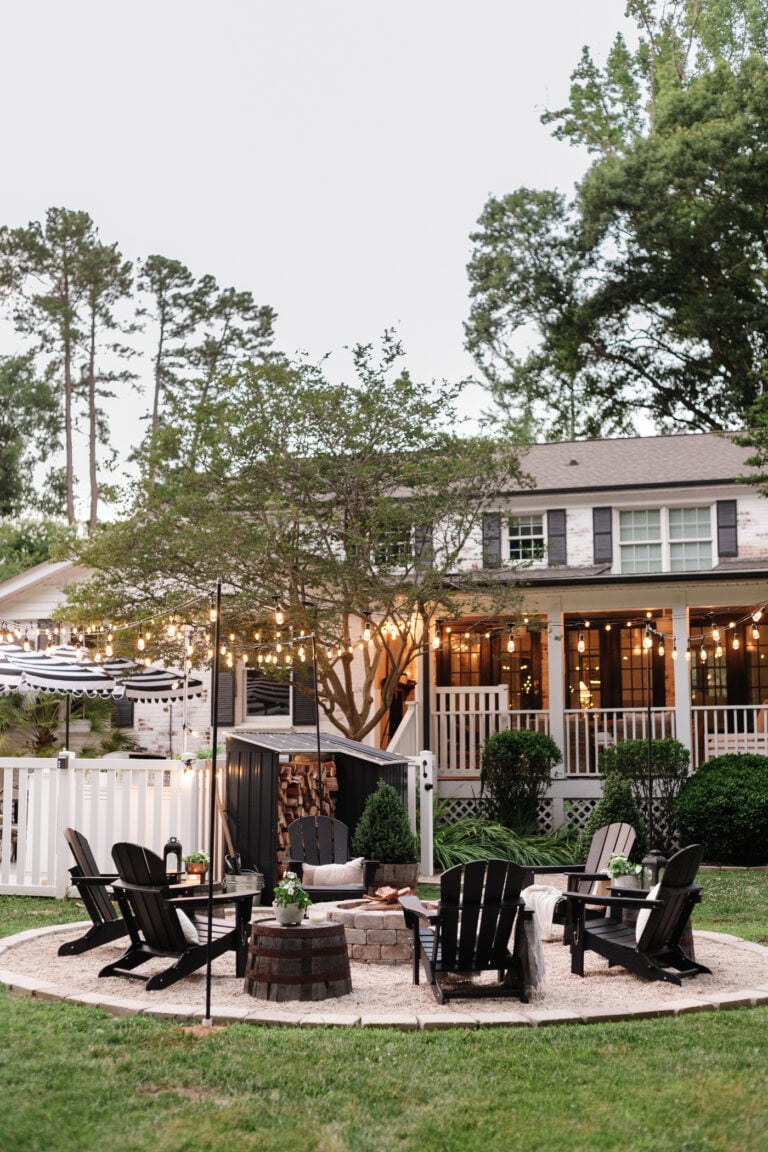
Home improvement grants are a great way for homeowners to repair, upgrade, or remodel their houses without bearing the full financial burden. Whether you’re looking to improve your home’s energy efficiency, accessibility, or safety, understanding what grants are available and how home improvement contractors can help is essential. In this detailed article, we’ll explore the top what are the top home improvement grants?, explain how to qualify for them, and discuss the vital role home improvement contractors play in successfully completing your project.
Introduction to Home Improvement Grants
Home improvement grants are financial aids provided by the government, local authorities, or nonprofit organizations to help homeowners repair or upgrade their properties. These grants are not loans, which means you do not have to repay them. They’re particularly useful for low-income families, senior citizens, or individuals living in rural or underdeveloped areas who need to improve living conditions.
Partnering with qualified home improvement contractors is crucial when applying for such grants. These professionals help assess your property, prepare the necessary documentation, and ensure your renovation complies with grant requirements.
1. Federal Home Improvement Grants
The federal government provides several types of home improvement grants designed to make housing more energy-efficient, accessible, and safe. Below are some of the most popular options:
a. USDA Rural Development Home Repair Grant
The USDA Section 504 Home Repair Program is available for low-income homeowners in rural areas. It provides up to $10,000 in grants to elderly homeowners for removing health and safety hazards or making critical repairs. The USDA also offers loans of up to $40,000 with a 1% interest rate, which can be combined with the grant.
Home improvement contractors play a major role in this program by performing essential repairs like fixing roofs, electrical systems, plumbing, and insulation.
b. HUD’s HOME Investment Partnerships Program
This program helps states and local governments offer grants to low-income families for home repairs and upgrades. It can cover improvements such as weatherization, roofing, and accessibility modifications for disabled residents.
When applying for this grant, working with home improvement contractors who are familiar with HUD standards ensures that your project meets all necessary compliance requirements.
c. VA Specially Adapted Housing (SAH) Grant
This grant is for veterans or service members with disabilities. It provides financial assistance for modifying homes to accommodate mobility limitations—like adding ramps, widening doorways, or installing accessible bathrooms.
Home improvement contractors experienced with accessibility projects can handle these modifications professionally, ensuring safety and comfort.
2. State and Local Home Improvement Grants
In addition to federal programs, most states and municipalities offer home improvement grants for specific purposes such as energy efficiency or community revitalization.
a. Weatherization Assistance Program (WAP)
This state-run program helps reduce energy costs by improving what are the top home improvement grants? efficiency. Eligible homeowners can receive upgrades such as insulation, window replacements, and HVAC system repairs.
Certified home improvement contractors who specialize in energy-efficient installations can help homeowners take advantage of these funds while ensuring compliance with local regulations.
b. Community Development Block Grant (CDBG)
The CDBG program provides funding to cities and counties to support housing and community improvements. Grants may be used for home repairs, rehabilitation, or upgrades in low- to moderate-income neighborhoods.
Local home improvement contractors often partner with municipalities to perform these government-funded projects, ensuring that community homes meet safety and livability standards.
c. State-Specific Grant Programs
Many states run their own initiatives. For example:
-
California offers the CalHome Program for low-income homeowners.
-
Texas has the Homeowner Assistance Fund for repair and modernization.
-
New York provides the RESTORE Program for senior citizens.
Professional home improvement contractors are required to implement these state-funded projects properly and according to code.
3. Energy-Efficient Home Improvement Grants
With growing environmental concerns, energy-efficient home improvements have become a major focus for funding programs.
a. Energy Star Home Upgrade Rebates
Through the Department of Energy, homeowners can receive rebates for installing Energy Star-certified appliances, windows, or HVAC systems. Although these aren’t direct grants, the rebates can significantly reduce renovation costs.
Home improvement contractors certified in green building practices can help homeowners choose eligible materials and install them correctly to maximize savings.
b. Weatherization and Solar Energy Grants
Some states and local agencies offer solar panel grants and energy-efficiency incentives. These programs help homeowners transition to renewable energy sources while cutting long-term utility expenses.
Expert home improvement contractors ensure the systems are installed safely and meet energy efficiency standards for eligibility.
4. Accessibility and Safety Improvement Grants
Certain home improvement grants focus on enhancing accessibility for seniors and disabled individuals, ensuring safe and independent living conditions.
a. Section 811 Supportive Housing for Persons with Disabilities
This federal grant assists disabled individuals with necessary home modifications like installing lifts, ramps, or wider doorways.
Certified home improvement contractors ensure that the modifications are ADA-compliant and executed with safety as the top priority.
b. Home Repair Grants for Seniors
Many nonprofits and community organizations offer financial assistance to senior citizens for essential repairs. Examples include the Rebuilding Together and Habitat for Humanity programs.
These organizations often work directly with volunteer or professional home improvement contractors to perform roof repairs, plumbing upgrades, and accessibility modifications.
5. Nonprofit and Private Home Improvement Grants
Several nonprofit and private foundations also provide grants for home repairs, particularly to vulnerable populations.
a. Habitat for Humanity Home Preservation Program
This nonprofit helps homeowners make critical repairs to keep their homes livable. Volunteers and professional home improvement contractors collaborate on projects like painting, roofing, and accessibility upgrades.
b. Rebuilding Together Grants
This national nonprofit offers free home repairs to veterans, low-income families, and seniors. Professional home improvement contractors volunteer their services to help renovate and restore homes in need.
c. Lowe’s and Home Depot Foundation Grants
Major retailers like Lowe’s and The Home Depot also provide grants to help with community housing projects. They often work with home improvement contractors to ensure the upgrades meet professional standards.
The Role of Home Improvement Contractors
While grants provide the financial backing, home improvement contractors bring the vision to life. Their expertise ensures that all renovations comply with building codes, energy-efficiency standards, and grant regulations. Here’s why hiring a professional contractor is vital:
-
Accurate Assessment: They evaluate your property to determine what improvements are needed and eligible for grants.
-
Permit and Documentation Assistance: They help you prepare the necessary permits and reports required for grant approval.
-
Quality Workmanship: Contractors guarantee that repairs and upgrades are durable, efficient, and safe.
-
Budget Management: They help you maximize grant funds and prevent overspending.
-
Compliance: Licensed home improvement contractors ensure your project meets all local, state, and federal standards.
How to Apply for Home Improvement Grants
-
Check Eligibility: Visit official government websites like HUD.gov or USDA.gov to confirm if you qualify.
-
Prepare Documentation: Gather income proof, ownership documents, and cost estimates from licensed home improvement contractors.
-
Submit Application: Follow submission guidelines carefully, including deadlines and required forms.
-
Schedule Inspection: Some programs require a property inspection before approval.
-
Start the Project: Once approved, hire certified home improvement contractors to complete the work.
Conclusion
Home improvement grants make it possible for what are the top home improvement grants? to upgrade their living spaces without overwhelming financial pressure. From federal programs like USDA and HUD to nonprofit initiatives like Habitat for Humanity, there are numerous opportunities available. However, securing and utilizing these funds effectively depends on partnering with experienced home improvement contractors.
Whether you’re improving energy efficiency, enhancing accessibility, or repairing critical damage, these grants—combined with professional expertise—can transform your house into a safer, more comfortable what are the top home improvement grants?




